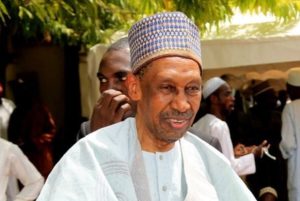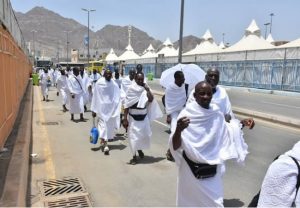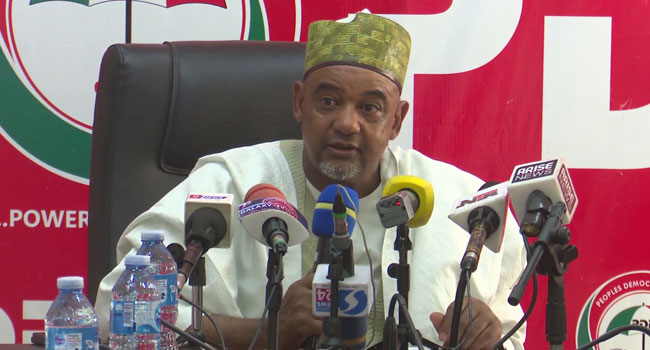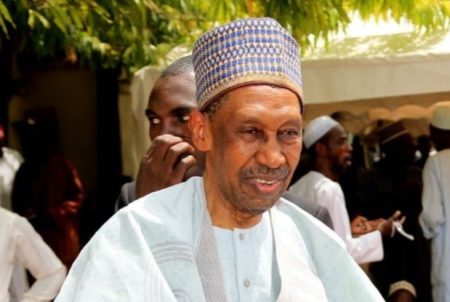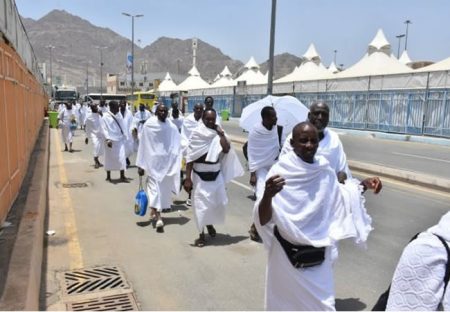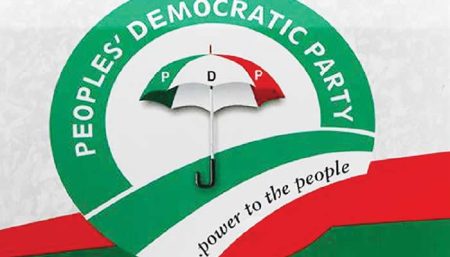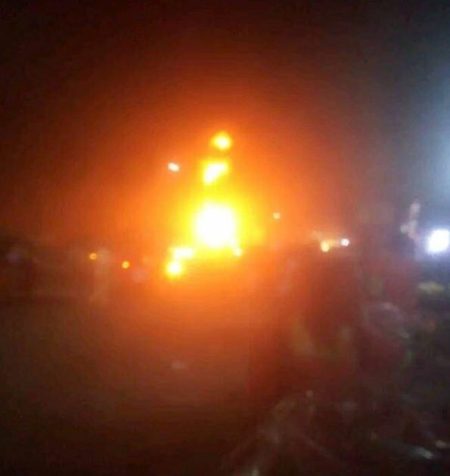Paragraph 1: The PDP’s Internal Shake-Up
The Peoples Democratic Party (PDP) is embarking on a significant restructuring of its South-South zonal and state structures. This move comes in response to a wave of defections from the party to the ruling All Progressives Congress (APC), which has raised concerns about internal loyalty and the party’s prospects in future elections. The restructuring aims to remove disloyal members and consolidate the party’s base with committed loyalists ahead of the 2027 general elections. This initiative signifies a shift from "business as usual" as the PDP seeks to regain its footing and present a united front.
Paragraph 2: Addressing the Defections
Recent defections of prominent figures, including Delta State Governor Sheriff Oborevwori, his predecessor Ifeanyi Okowa, and most recently, Akwa Ibom State Governor Umo Eno, have prompted the PDP to take decisive action. The party’s National Working Committee (NWC) has expressed its displeasure with these departures and is actively challenging them, particularly the defection of Governor Oborevwori and former Governor Okowa. The NWC views these defections as damaging to the party’s internal structure, given the influence these leaders wield and the positions their loyalists hold within the party. The restructuring efforts aim to replace these individuals with committed members who will not be swayed by political opportunism.
Paragraph 3: The Impact of the Defections
The PDP has been grappling with internal turbulence since the 2023 general elections. The defections have not only diminished the party’s image but also eroded its electoral base in a strategically important region. The departure of sitting governors, along with other key party leaders, represents a significant loss of political capital and influence for the PDP. This exodus of members weakens the party’s ability to compete effectively in future elections, particularly in the South-South region. The party acknowledges the need to address these losses and rebuild its foundation to remain a viable political force.
Paragraph 4: Reactions within the PDP
Within the PDP, reactions to the defections have been mixed. While acknowledging the impact of losing key members, some party leaders have expressed a sense of relief. Timothy Osadolor, the PDP Deputy National Youth Leader, has urged any remaining disloyal members to leave the party swiftly. He argues that their departure will allow loyalists to focus on rebuilding and strengthening the party without internal sabotage. This sentiment reflects a desire to move forward and consolidate the party around its core values and committed members.
Paragraph 5: Criticisms and Accusations
Osadolor has been critical of the departing members, particularly Governor Eno, whom he accuses of prioritizing personal political survival over the welfare of the public. He contrasts Eno’s actions with the expectations placed upon him given his background as a cleric. This criticism highlights the internal divisions and accusations of betrayal that have accompanied the defections. It also reflects an attempt to frame the departures as driven by self-interest rather than genuine political disagreement or principled objection.
Paragraph 6: The Path Forward for the PDP
The PDP now faces the challenging task of rebuilding and repositioning itself for the 2027 elections. The party leadership expresses confidence that the departure of disloyal members will ultimately strengthen the party in the long run. By removing potential saboteurs and consolidating its base of committed members, the PDP aims to emerge as a more unified and effective political force. The restructuring efforts, combined with the call for remaining disloyal members to leave, signal a renewed commitment to rebuilding the party from within and focusing on the future.


